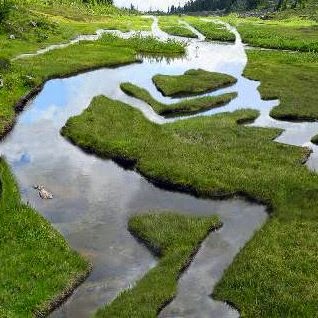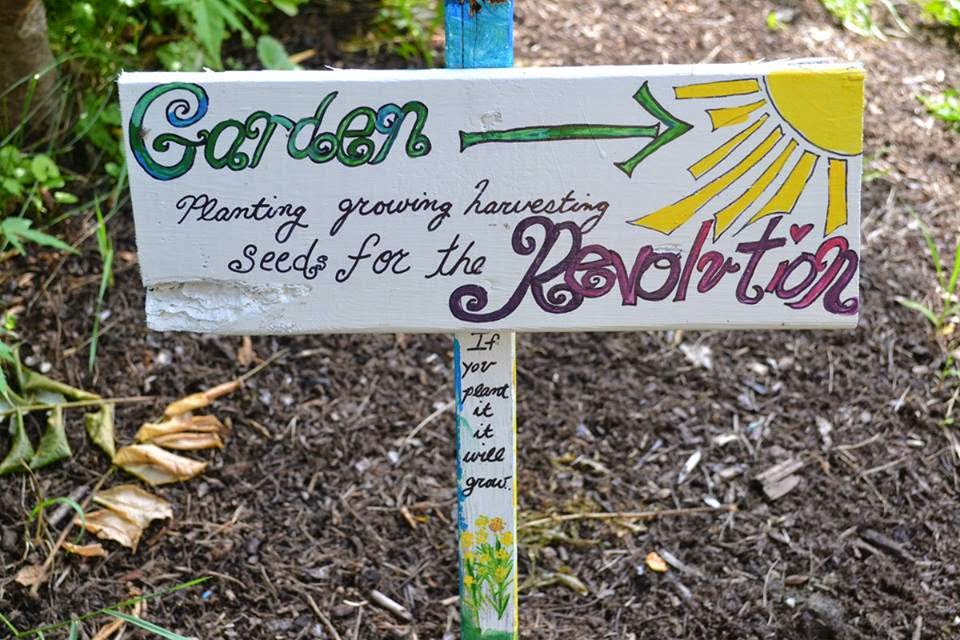Gaia Grove Eco-Camp and Learning Center
About
Permaculture, Sustainable Building & Farming,
Co-Creation, Community Development & Support.
Health & Wellness.
Offering products soon, including honey.
Coming soon, a support and education network,
and an eco-product buying club
for sustainable and healthy living.
Mission
To learn through hands-on experiential methods
and share information with each other
on how to live more sustainably.
We are interested in growing & gathering
as much food as we can,
and building low cost, energy efficent,
healthy homes such as our portable & recycled
'Gaia View Portable Eco-Home' and off-grid natural homes
such as cob, earthbag, cordwood, yurts, tree houses,
shipping container homes and more. We are
also interested in setting up cottage industries
on the land to help sustain us.
Description
We are located on 91.9 Acres
on the upper Santa Fe River in Bradford County,
12 miles north of Gainesville, Florida,
home of University of Florida.
We are inviting people to take a tour
and participate in one or many
of our hands-on eco-living workshops.
We have very low cost camp sites
and natural home building sites for one or many nights.
Groups can also
rent the facilities for their own events.
We also have two Guest Houses,
one 2 bedroom/2 bath furnished home
on the Gaia Grove property
and another 6/3 Home nearby with cozy fireplace,
large kitchen, nicely,fully furnished bedroom,
and handicap accessibility for short
or long term stays as an alternative to camping.
We will be offering language immersion classes
in English to speakers of other languages
as well as in Spanish, Portuguese and Mandarin Chinese.
We are now setting up language and
permaculture learning programs
at our affiiliated centers in Ecuador, Brazil and Taiwan.
We are just beginning the Gaia Global Institute
where we will offer classes in workshops
on such things as:
Global Localization,
Peace and Conflict Resolution,
Fair Trade vs Free Trade,
Global Environmental Issues,
Community and Economic Development
as well as Foreign Language and Permaculture Design.
For more info, please check the website:
http://gaiagrove.webs.com/








